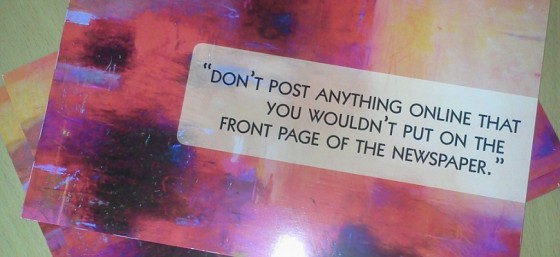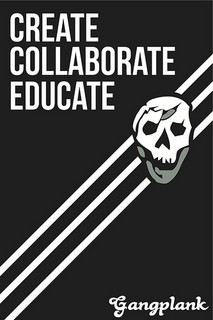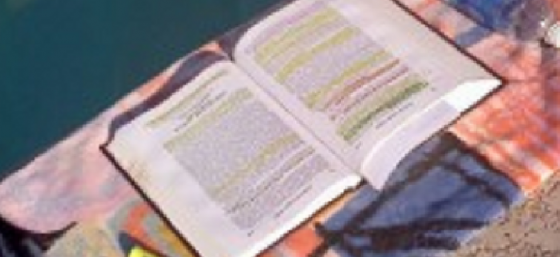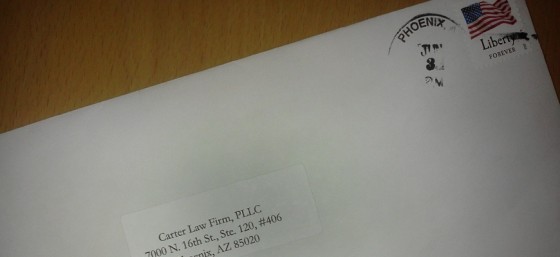
Every time I speak about copyright to a group of artists or writers, someone always asks me about how poor man’s copyright works and whether it’s valid. Poor man’s copyright is the idea that you can establish that you created something first by mailing a copy of your work to yourself and using the date on the postmark as proof of when you created it. If anyone copies your work and claims a creation date that’s after your postmark, you can use the postmark to show that you created the work first.
To anyone who’s been sending their work to themselves, you can stop. Poor man’s copyright is crap and a waste of your time and money. A postmark on an envelope tells you when the post office processed the envelope, not what was inside of it. You could easily send an unsealed envelope to yourself and put your work in it later and seal it.
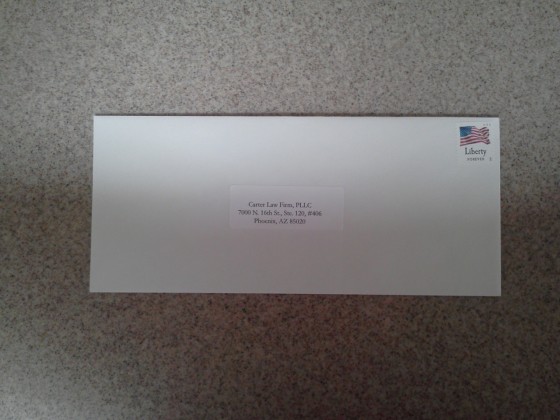
You get the exclusive rights to copy, distribute, display, perform, and to make derivative works based on your work the second you’ve fixed your work in any tangible medium. (Sorry, there’s no copyright protection for ideas that only exist in your head.) If you want to maximize your rights in your work, including the ability to sue for copyright infringement and collect statutory damages, you need to register your work with the U.S. Copyright Office. You can do it online and most application fees are only $35.
To demonstrate why poor man’s copyright doesn’t work, I recently addressed an envelope to myself and sent it, unsealed, through the mail. I made a video about the result. You can see it below or here.
If you want more information about how you can protect your rights in your work, please contact me or a copyright attorney in your community. You can connect with me on Twitter, Google+, Facebook, YouTube, LinkedIn, or you can email me. You can also subscribe to the Carter Law Firm newsletter.
Please visit my homepage for more information about Carter Law Firm.

